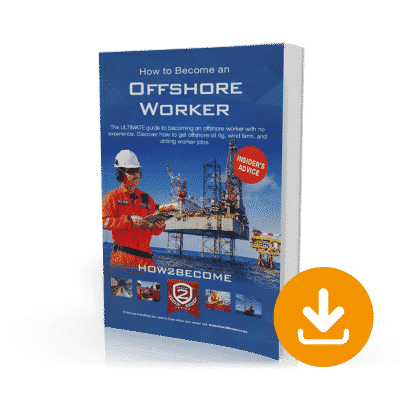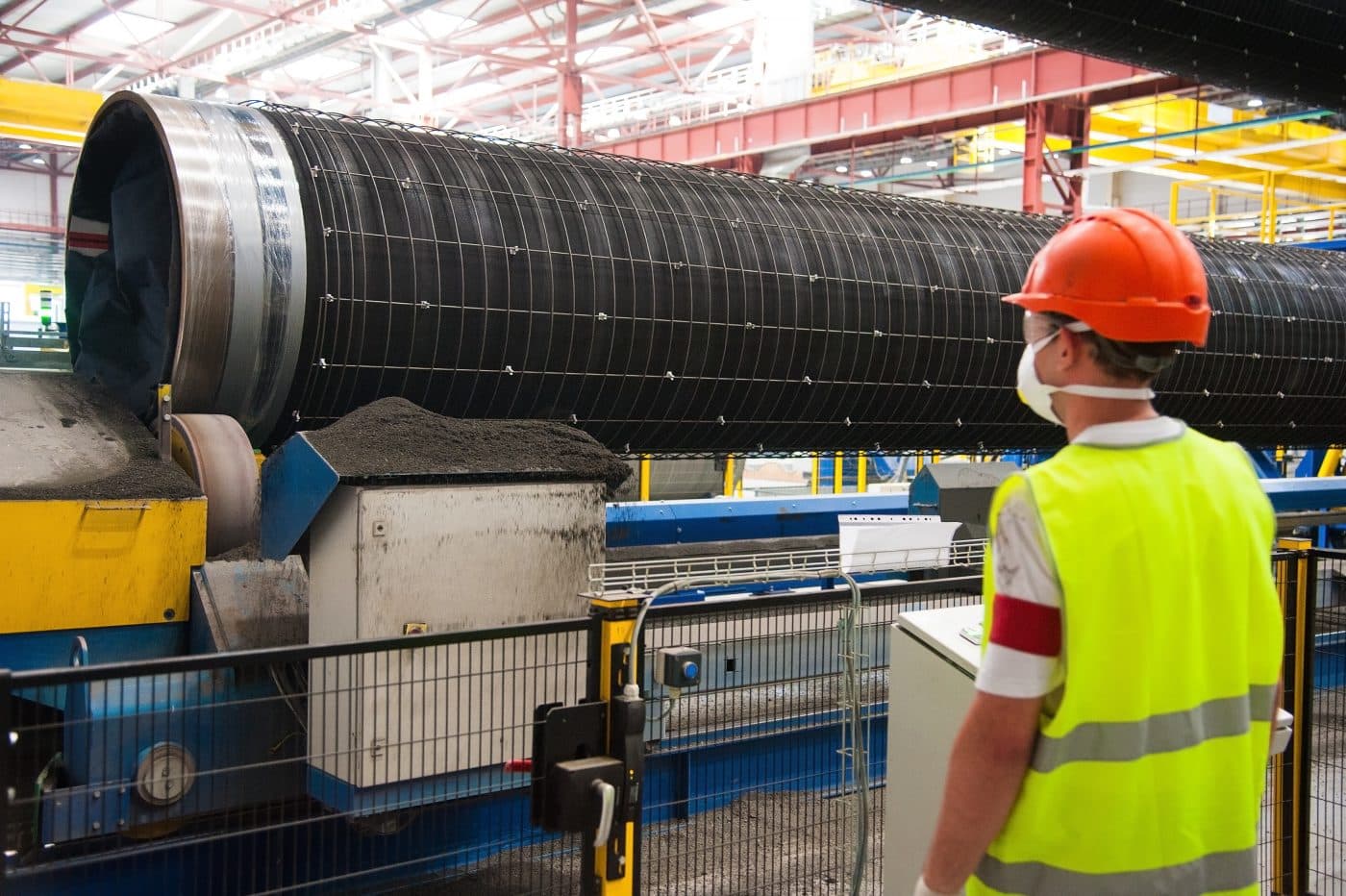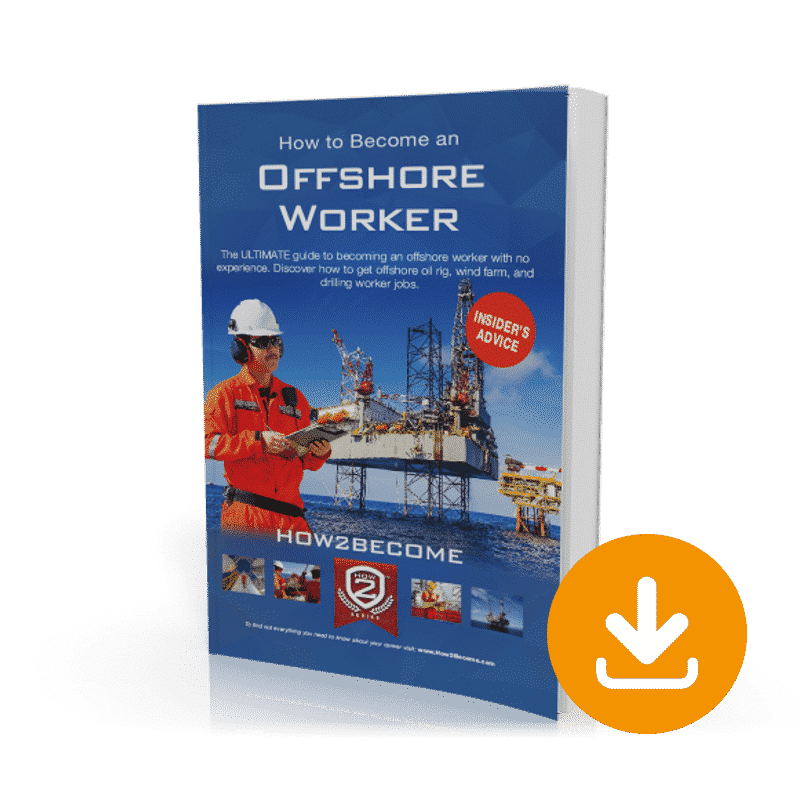Hello, and welcome to your guide on How To Become An Offshore Worker. In this guide we are going to take you through the process of gaining a job on an Offshore Rig. Whether you are experienced or completely new to the role, want to work in oil, gas, or wind, our top tips are sure to get you over the line, and help you secure your job.
Let’s start by looking at what an Offshore Worker actually is.
WHAT IS AN OFFSHORE WORKER?
Offshore Working, quite literally, means working off the shore. That is to say, you will be working in a place relatively far from land. The type of tasks and work that you do will depend on the installation where you are working, and your role – as will the facilities. However, there are certain things which you can expect, including:
- Long days, often working 12-hour shifts;
- Harsh/rough weather conditions. This is especially the case if you are working offshore in a location such as the North Sea;
- Isolation. You’ll be with colleagues and fellow professionals, of course, but you must be prepared to spend significant time away from any family or friends;
- Helicopter travel. In order to get to and from the offshore facility, workers will often travel via helicopter.
Usually, there will be around 100 other men and women working on the installation with you, at the same time – a full crew. Although offshore installations have a reputation for being uncomfortable places, this is actually not the case for most. The majority of offshore installations offer a good standard of living for the crew, with en-suite (shared) quarters, and food. However, you should remember that in pretty much every single reputable installation, alcohol is banned. The majority of installations also provide facilities for workers to exercise, watch videos, or play games. Basically, there’s a wide range of facilities available to keep workers occupied and relieve tension and stress. Most installations have a designated catering team, who will deal with areas such as cleaning, washing and cooking. This means that once your shift is over, you can relax and unwind.
The work you are doing will of course depend on your exact role, but these days more and more offshore jobs are aided by technology. This means that there’s less manual labour to do, and more technology focused/monitoring work.
OFFSHORE WORKER CORE COMPETENCIES
As with any job, in any industry, offshore workers must adhere to a set of job-specific core competencies. Core competencies are essentially a set of behavioural guidelines for employees to follow. They outline the expectations of the company, and also form a very important part of the offshore workers’ application process. This is even more essential when working on an offshore rig, where correct safety procedures are absolutely integral. When you go through the application process, you’ll be expected to demonstrate these competencies throughout.
Working on an offshore rig requires tremendous discipline. The bottom line is that working offshore is extremely tough, regardless of what role you are performing. This means that you will need to exercise tremendous discipline.
Not just self-discipline, to keep yourself motivated and positive, but discipline in general – adhering to safety regulations, keeping your working standards extremely high, and helping everyone around you to do the same.
Discipline is more of a mental strength than physical, you need to have self-belief in your ability to perform the job, and to sustain a good level of performance for the duration of your time on the rig.
Mechanical knowledge is an extremely useful competency for any offshore worker to have. Working on an offshore rig is generally a very mechanically intensive job. You’ll have to work with lots of different types of machinery, depending on the role that you are doing, and will need to have a full understanding of how to use this machinery.
Lots of the work you’ll be doing whilst on board an offshore facility involves fixing different pieces of equipment, and ensuring that they are running to full capacity. You’ll need to have a good understanding of mechanics and physics to do this, with certain roles being more mechanically intensive than others.
Health and safety is obviously a huge emphasis here. Most of the equipment that you’ll need to use whilst working on an offshore rig is incredibly dangerous, and therefore it’s fundamental that you can use this equipment responsibly and in adherence with the correct protocols.
Every single person who works on an offshore rig will undergo extensive safety training, to make sure they are up to speed with the requirements.
To check out the rest of the competencies, pick up a copy of our guide!
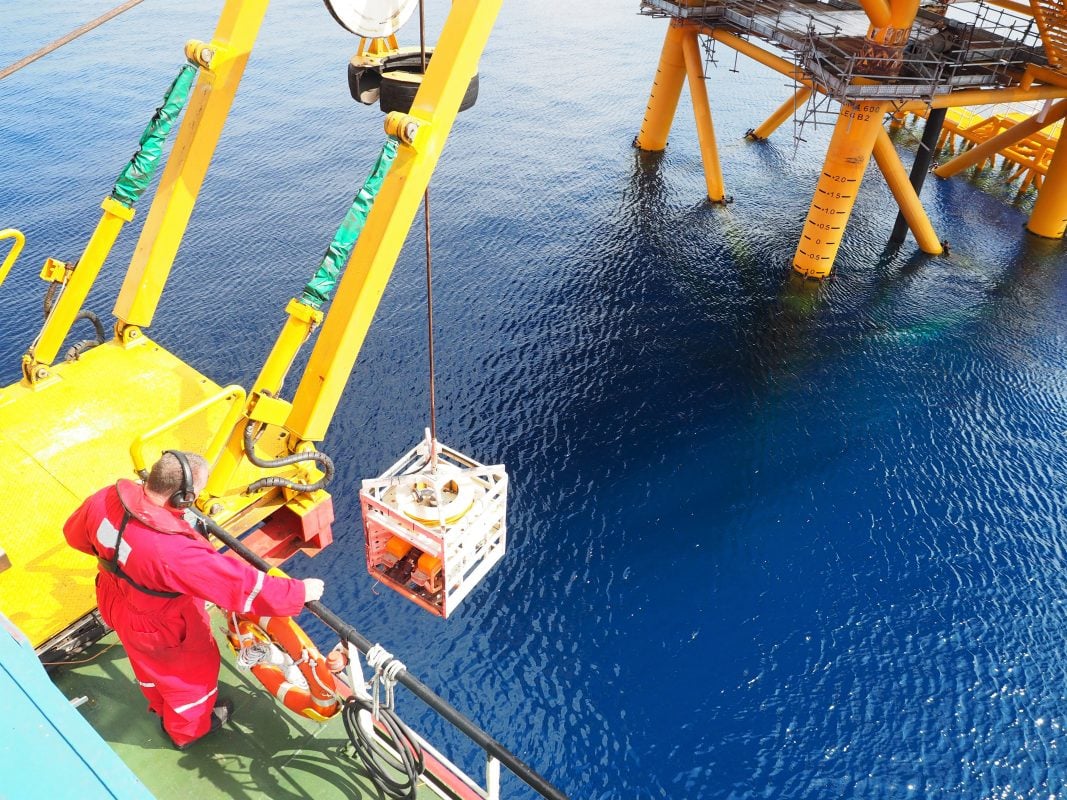
OIL RIG, GAS AND WIND FARMS
Offshore facilities generally focus on three main areas: Oil, gas or wind. In this section, we’ll give you an overview of all of these areas, and the way they work. This should act as good preparation for a career offshore, as you’ll have a better understanding of exactly how and why things are done.
Offshore gas facilities focus on extracting natural gas from below the ocean floor. This is done via drilling. In order to extract gas, the majority of offshore drilling is done around continental shelves. Offshore drilling companies are prevalent throughout the world.
Obviously, it’s not quite as simple as just drilling into the seabed. The process of locating and extracting gas is very complicated. In order to find the right areas to drill into, companies conduct geological surveys to establish where the gas is present, and the best way to extract it. This is the reason why offshore facilities are built – because the locations where gas can be extracted are so far out from land. Furthermore, the gas reservoirs can be extremely far below sea level, sometimes as deep as 30,000 feet or more. In the event that the drilling needs to be in water that is 1000 meters deep or greater, the drilling is known as ‘deepwater drilling’.
Given the nature of the work, and the location, offshore gas drilling comes with plenty of hazards. Offshore drilling platforms need to take very specific measures to prevent pollution, as any spillage could be disastrous. Although health and safety is absolutely paramount on-board an offshore drilling platform, and there will be countless protocols in place to prevent disaster, the risks are still there. Dealing with gas is dangerous, and the potential for hazards is quite strong – including explosions or ignited gas. For this reason, when applying for jobs on an offshore drilling platform, it’s a good idea to emphasise your respect for health and safety, and your level of care for environmental issues.
Offshore drilling, similarly to gas drilling, uses extraction techniques to gain access to deposits of oil, underneath the ocean floor. Usually, offshore drilling sites are located on the continental shelf, but with improvements to technology there are more and more offshore oil platforms in varying locations, and further out to sea.
In order to locate oil reservoirs, offshore oil companies use 3D surveys, which scan the seabed, and then send sound waves. These waves produce images, which show where the oil is located. Offshore oil is an extremely popular field, and today companies have an enormous variety of methods for extracting oil. The equipment available to oil companies means that they are capable of drilling at pretty much any depth. Although oil extraction companies come under heavy amounts of criticism, out of worry for the environment, the facts show that without these companies (and the oil they provide), the world would really struggle. The US consumes over 19 million barrels of oil every single day.
Offshore drilling provides companies with access to untapped reserves, and means that countries around the world can rely on their own reserves of oil, instead of importing or exporting the oil.
The third most popular form of offshore production, is offshore wind. Offshore wind technology means that wind turbines can be installed on the seabed, where they take advantage of the powerful ocean winds. Even the smallest increases in wind speed can have an enormous impact, with differences of just three mph bringing about energy production of almost double. This is particularly beneficial for coastal areas, where offshore wind farms can help to meet energy demands.
The UK has the world’s largest offshore wind market, and according to recent studies accounts for over 35% of offshore wind farming. In 2016, in the UK, wind generated more electricity than coal. Offshore wind farms are becoming more and more popular. Since they are far more environmentally friendly than oil or gas rigs, wind farms are an important part of the world’s battle against climate change and one of the primary ways in which people are utilising renewable energy.
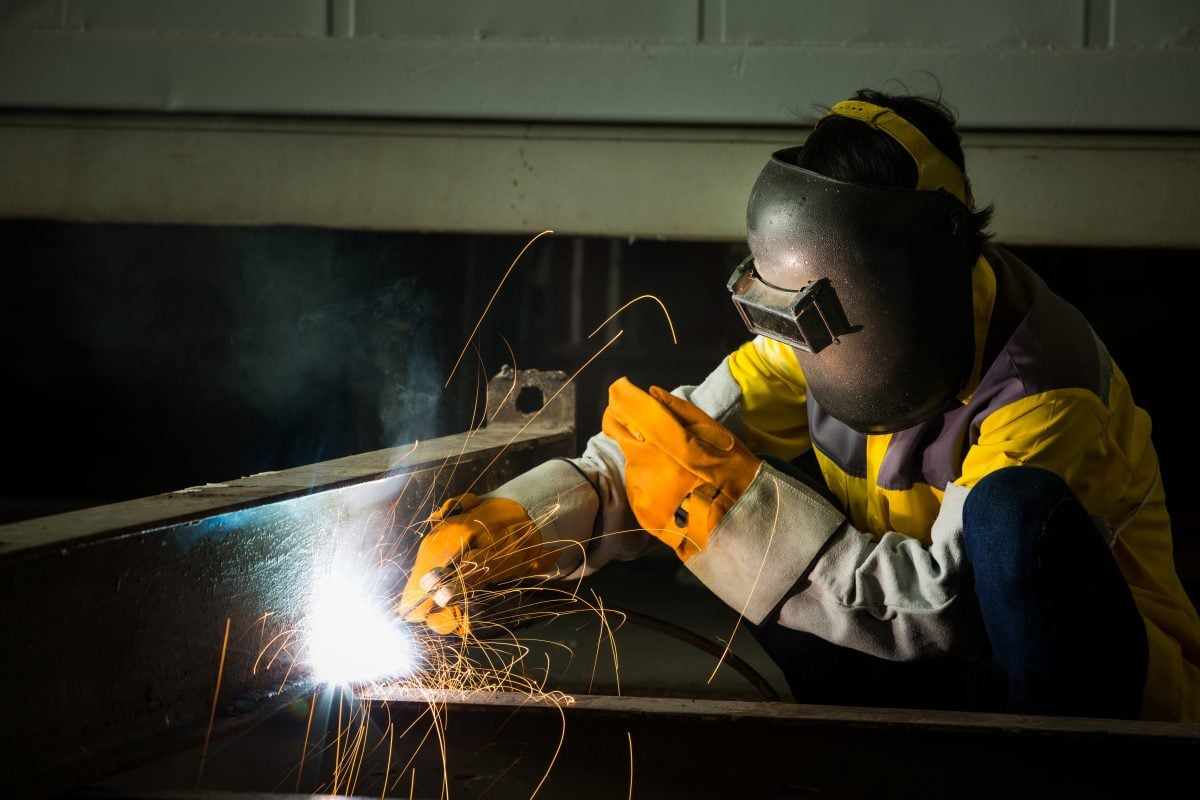
BASIC OFFSHORE INDUCTION AND EMERGENCY TRAINING (BOSIET)
Prior to offshore worker job application, the majority of employers, for the majority of roles, will ask for you to have taken part in Basic Offshore Induction and Emergency Training (BOSIET).
The BOSIET course provides candidates with basic information and knowledge about offshore installation safety matters, and also gives them an understanding of how emergency response measures are conducted offshore.
Once you’ve completed the BOSIET course, you will have a strong understanding of the types of hazards that you might encounter whilst working offshore, and the safety management systems which are in place to deal with and prevent these hazards. After you receive your BOSIET certificate, it will be valid for a period of 4 years. If you plan on working offshore beyond that period, you’ll need to attend a refresher course, known as Further Offshore Emergency Training (FOET).
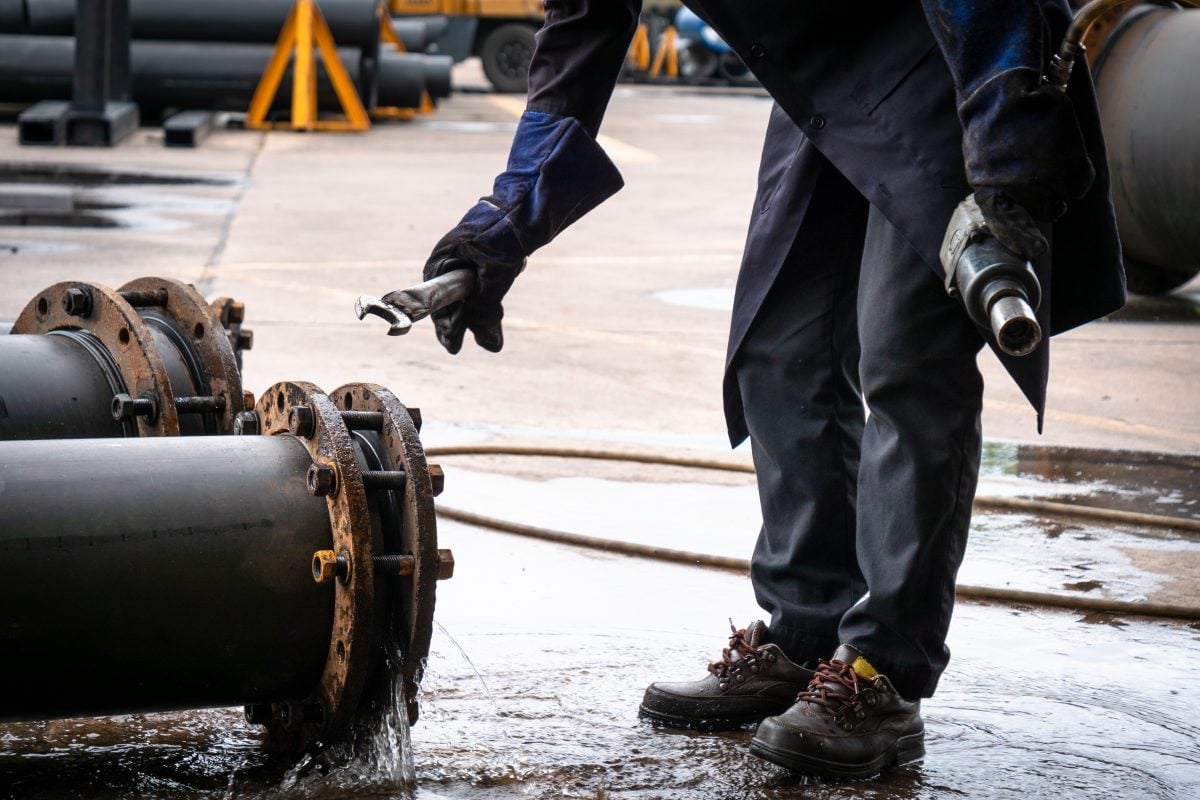
CAREERS OFFSHORE
In this section, we’ll cover some of the careers in the industry, and what responsibilities they involve. You might be surprised to learn that not every role offshore involves working with machinery or carrying out physical tasks. There are actually an enormous variety of roles, for every type of person.
Accountants play an extremely important role in offshore life. As with any company, it’s important for businesses to employ an accountant, who can take care of areas such as financial reports, budgets, forecasts and staff wages. It’s especially important for offshore companies to take care of their accounts, because running an offshore rig is so incredibly expensive. There are also very strict tax rules in the oil and gas industry, which companies will need to comply with.
Cementers play an essential role in offshore operations, and can also work on land installations. The role of the cementer is essentially to help develop and then pump cement into the wellbore. They are an integral part of the process of preparing a well for drilling.
Contracts engineers are enormously important. Essentially, when a drilling company wants work, they take contracts from relevant organisations. It is the job of the contract engineer to decipher which of these contracts is the most suitable. Contracts engineers also play an important role in estimating project costs, keeping costs under control, and ensuring the company has a full and detailed appreciation of the scope of the job, and the risks involved.
Mudlogger is a research-based position. Mudloggers monitor the information that comes in from drilling operations, analyse this, and then help the drilling team to use this information in further operations. In order to do this, they collect rock samples. The analysis conducted by mudloggers is extremely important to the overall production process.
An ROV technician is responsible for operating and maintaining the ROV tools and equipment, which are essential for offshore projects. ROV equipment can vary, depending on your speciality. Obviously, it’s essential that the person operating the ROV equipment has an expert understanding of what they are doing, and that they can work to the correct health and safety standards.
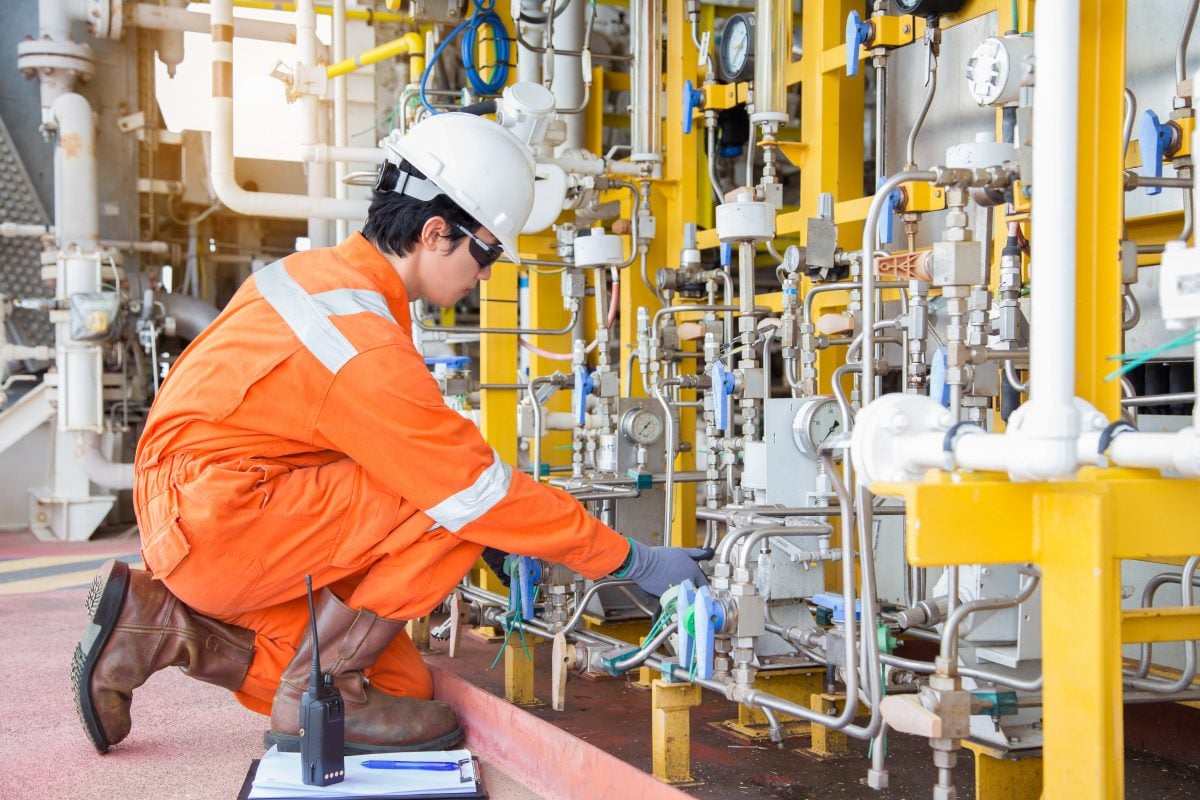
OFFSHORE WORKER ONLINE TESTS
Following successful completion of the application form, you will be asked to complete some online tests. Given the enormous number of roles available on an offshore rig, and in offshore oil alone, it’s impossible for us to give you every single test. Here’s a few that you might be asked to take:
Situational judgement tests are designed to challenge how you would behave in certain scenarios. Your responses to situational judgement questions tell the assessor a great deal about your values, how responsible you are, and your judgement/decision making skills. Not all situational judgement questions will be focused around offshore work, many of them will put you in real-world scenarios to see how you react.
Mechanical comprehension or aptitude tests have been in use for many years. They are used to assess a candidate’s potential to perform a specific job. Many mechanical comprehension tests require you to concentrate on ‘principles’ rather than on making calculations, and as such will include diagrams and pictures as part of the question.
For example, you may be shown a diagram of a series of cogs. You will be asked to work out which way a specific cog is turning, if another one rotates either clockwise or anti-clockwise. Understanding these two very simple terms is crucial to answering mechanical comprehension test questions accurately.
When working on an offshore rig, a large part of your role will be in fault finding and error checking. Regular maintenance on your equipment, and on the offshore systems, is integral. With this in mind, we have devised a short test to replicate this. The questions are based on switches. Your task is to identify which of the switches is not working. The box on the left side contains four circles, each labelled A, B, C and D.
Verbal Reasoning or Verbal Ability tests are specifically designed to assess a candidate’s ability to reason with words, language or comprehension, and demonstrate a solid understanding of written information within the English language.
The ability to spell words correctly, use correct grammar and punctuation, understand word meanings, and interpret written information, is an imperative skill that is required in a range of situations and job roles. Thus, it is important that you are able to demonstrate these skills to a high standard and perform to the best of your ability.
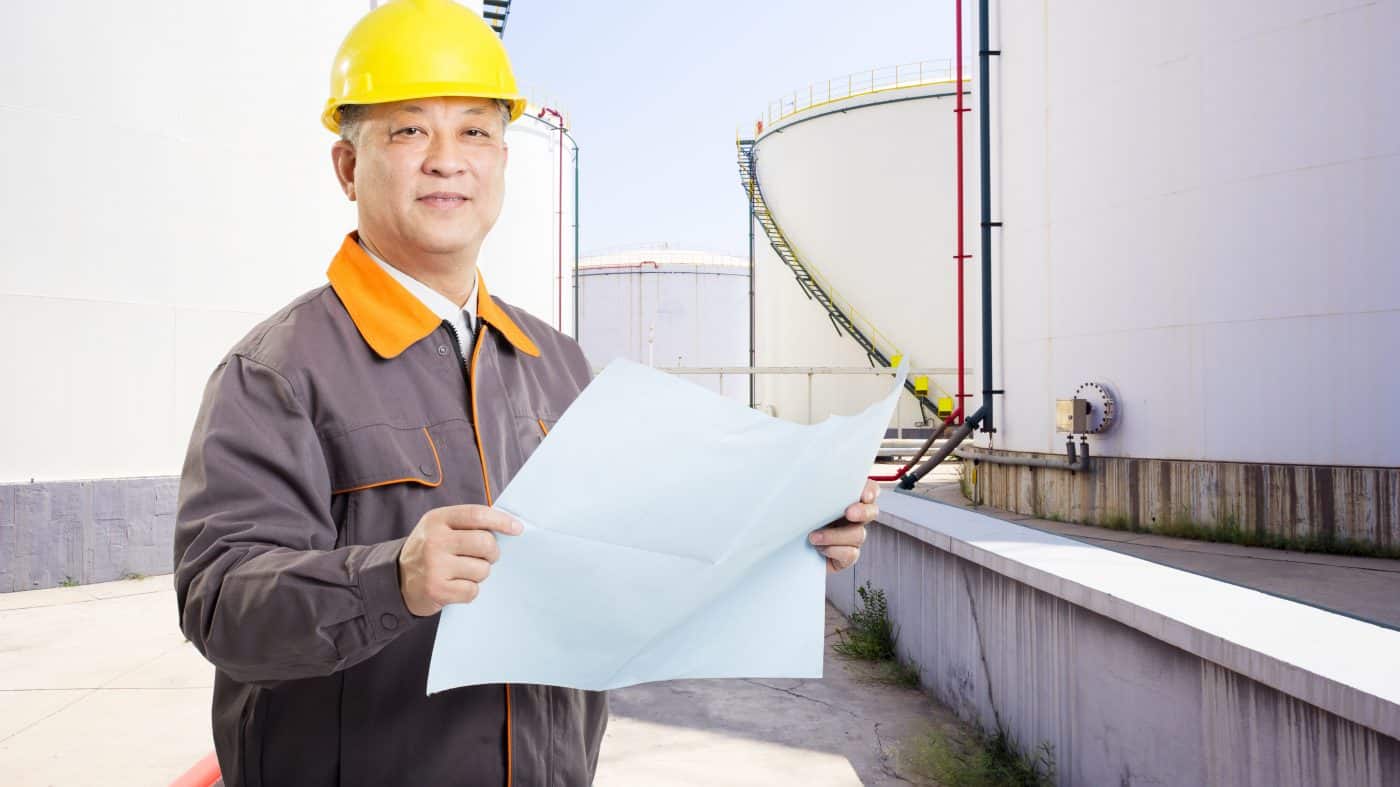
OFFSHORE WORKER INTERVIEW
The final stage in the process is for you to sit an interview with a representative from the company. The way this is done will depend very much on the company that you are applying for. You might be asked to take one interview, or you might be asked to sit two interviews. Either way, the main focus of the interview(s) will be on two areas:
- Your understanding of the core competencies, through competency-based questions.
- Your motivation for joining the offshore company, and your personal profile.
If you sit just one interview, then one half of the interview will focus on one side, and the other half will focus on the other. If there are two interviews then each interview will focus on a particular area.
Below we’ve included a sample question from the competency area of the interview:
Can you give me an example of a time when you have demonstrated your personal discipline? This can be mental or physical.
A few years ago, I decided that I wanted to raise money for charity. There was a local marathon taking place within the next few months, so I thought, ‘What better way to raise money?’ I must say that I was not in the best physical shape at that time, so the run would also benefit my physical health.
Obviously, I was in no condition to run a marathon, so first I needed to train. In order to do this, I drew myself up a detailed schedule, listing all of the exercises I would do, when I would do them, and how long I would do them for. I accounted for 3 months of training, which I hoped would put me in good condition for the run.
At first, it was incredibly hard. I hadn’t exercised much for a while, and so body found it tough. I was frequently exhausted and it took all my mental and physical strength just to keep going. But little by little, it got easier and easier, and I even started enjoying it. It was just a case of getting through the early stages, where the amount of work I was doing was so unfamiliar to me. Initially, I had to pace myself, because I was trying to do too much too fast.
As a result of my preparation, I managed to get fit enough to complete the marathon, and I finished the whole thing – raising over two thousand pounds for charity.
I don’t believe that I could have managed this without good mental discipline. I had to use all of my willpower to keep pushing myself forward, and overcome the physical hurdles – but ultimately I managed this, and the end result was hugely positive.
Free Bonus Items
When you order, you will receive the following free bonuses:
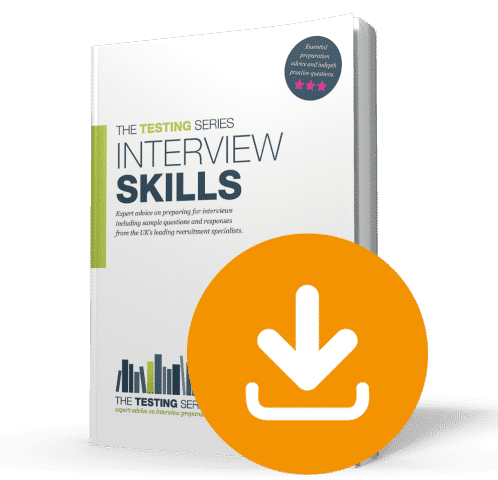
The 150-page interview skills guide
FOR A LIMITED PERIOD ONLY we are able to give you our powerful 100+ page ‘Interview Skills’ guide free of charge. This guide contains all of the most common interview questions, each with detailed sample responses. It is the perfect guide to help you prepare for the tough offshore worker final interview! The guide is contained within your online recruitment suite.

(BOSIET): Fire Safety BONUS QUESTIONS
As part of the bonus content for this book, you’ll receive some BOSIET-style fire safety questions, to get you in shape for the BOSIET examination. These questions are sure to get you in top shape, and put you ahead of the competition, when it comes to applying for a role as an offshore worker. Remember, safety matters!

30-days free OFFSHORE WORKER testing suite access
As part of your order, you will receive 30-days FREE ACCESS to our awesome online testing suite that will give you 100s of sample tests very similar to the Offshore Worker tests! After the 30-day free trial is over the service is automatically charged at just £5.95 plus vat per month with no minimum term. You may cancel at any time. If you cancel before the 30-day trial is up, you will not be charged. See our terms and conditions for more details.
